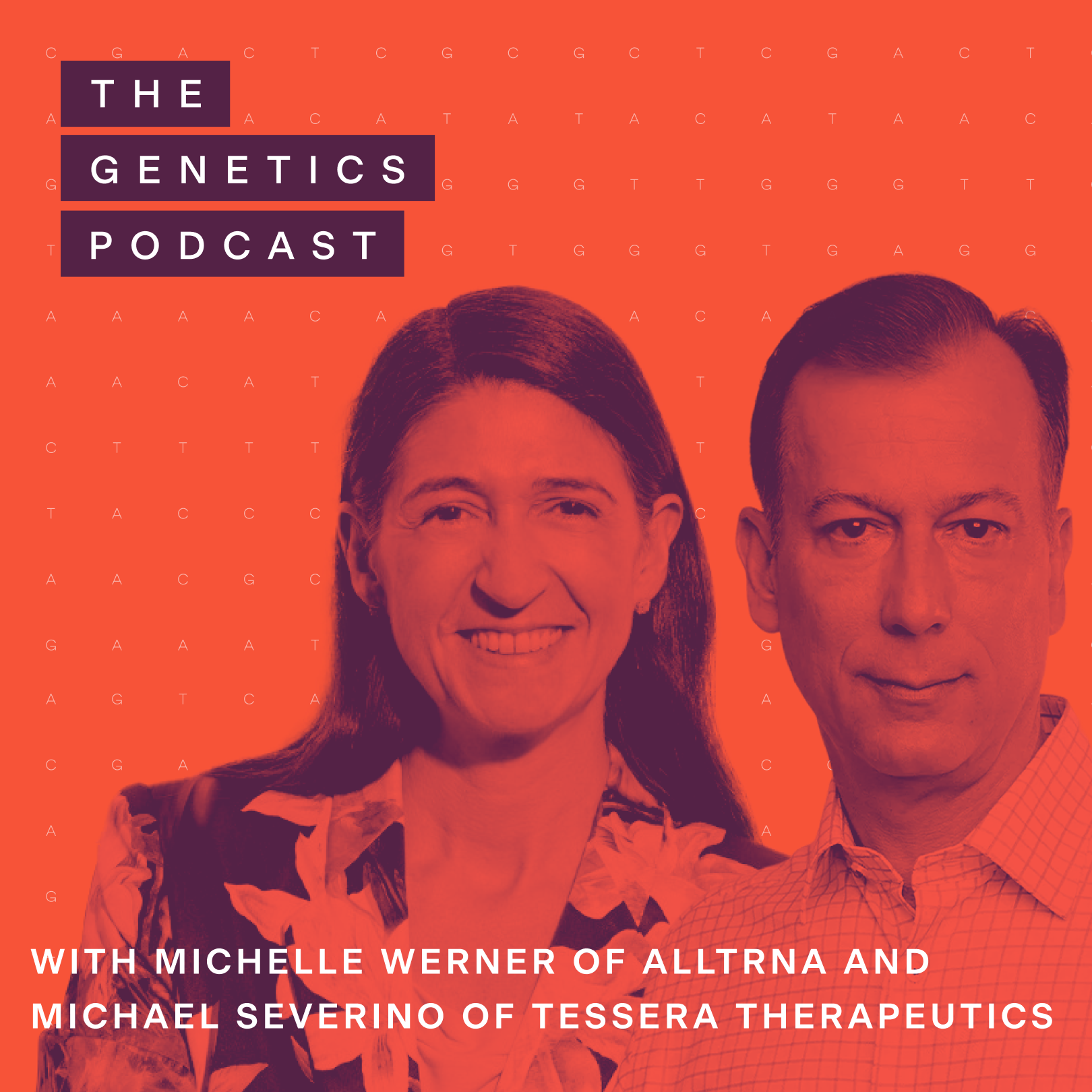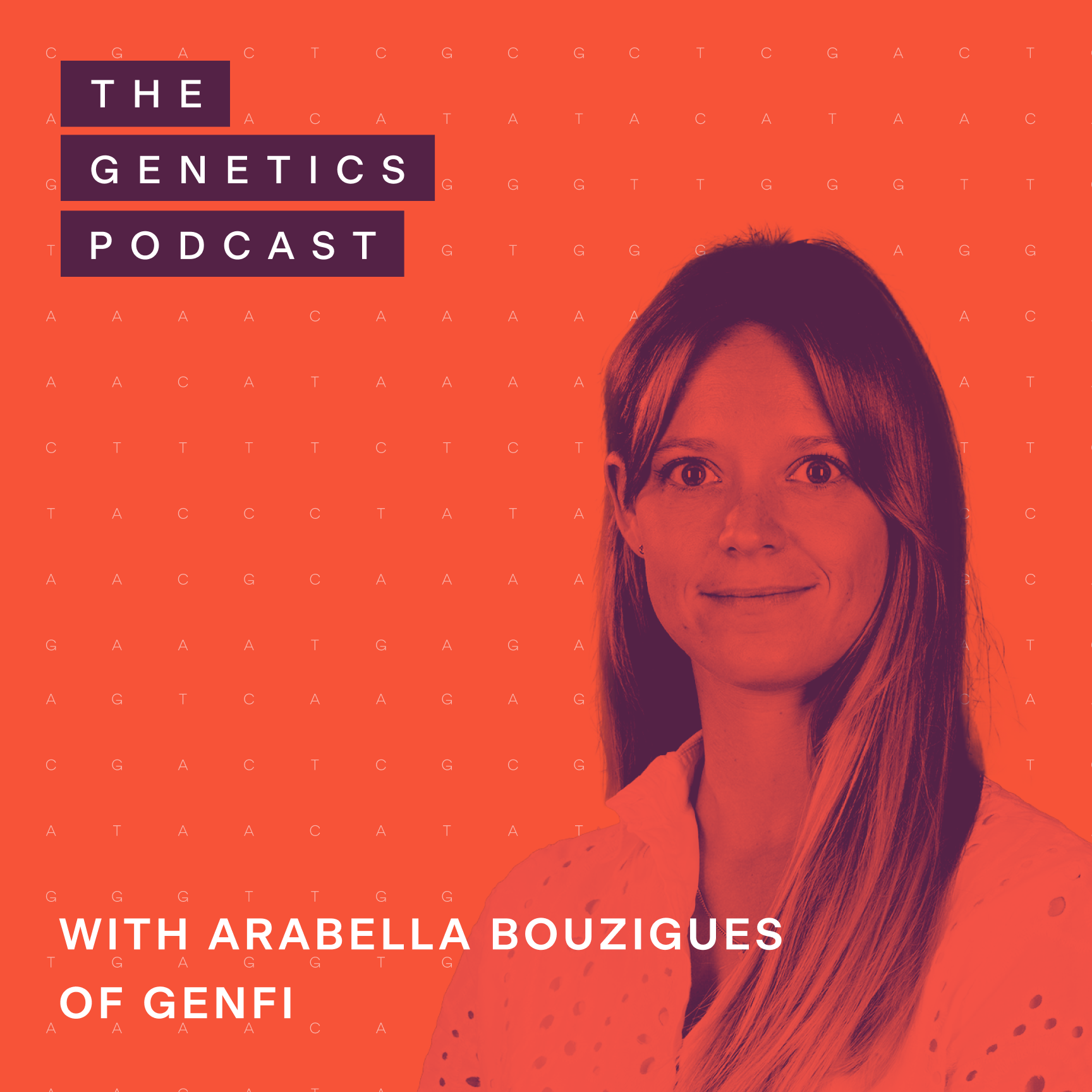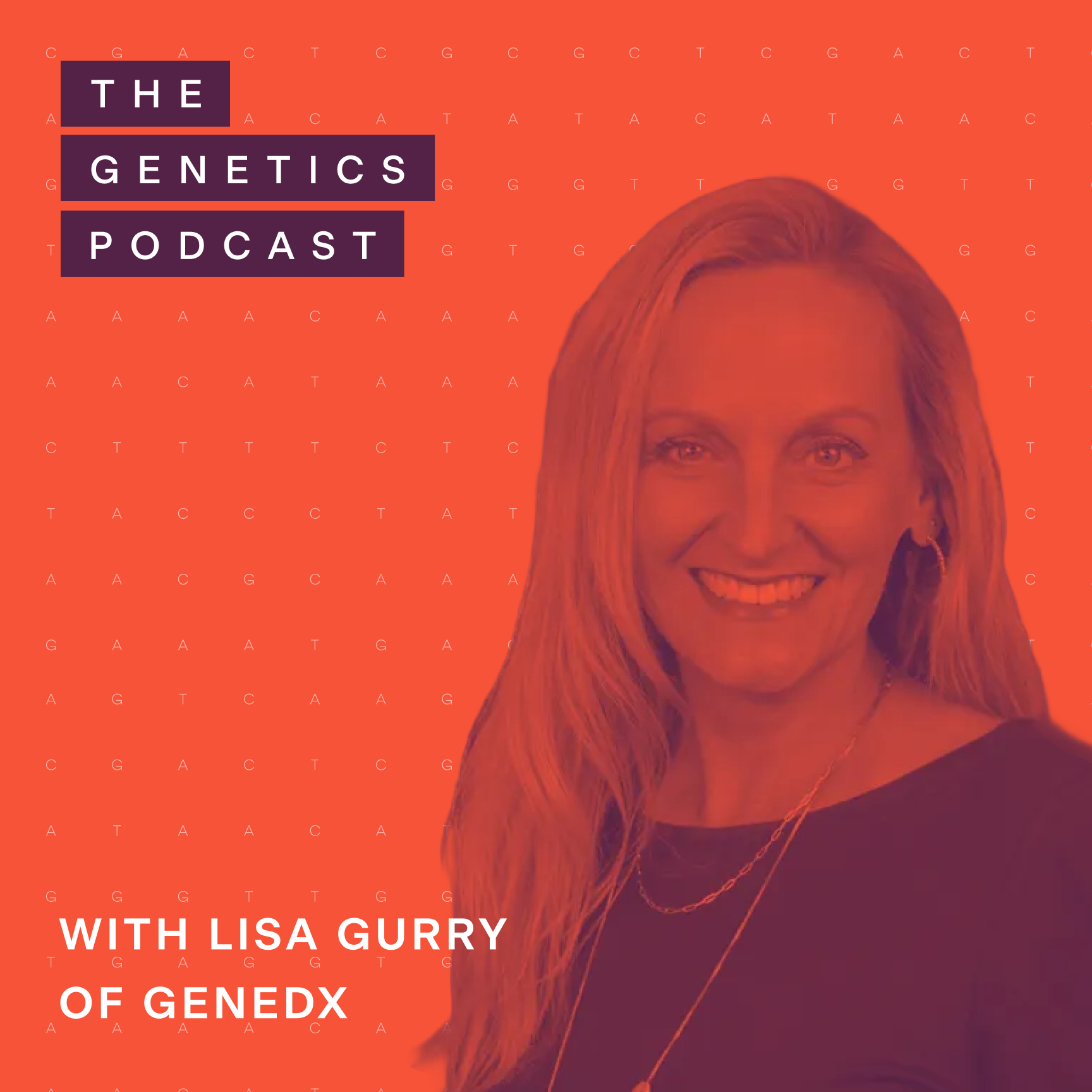Clinical research blog
Explore our blog for insights into the big questions in precision medicine and clinical research.
Last week, the rare disease field celebrated another breakthrough. A teenage girl with an ultra-rare genetic neurodegenerative disease was treated with a bespoke antisense oligonucleotide (ASO) at the Great Ormond Street Hospital (GOSH) in the UK. Nine other children with similar diseases will also be treated with a customized ASO therapy as part of the same trial, sponsored by EveryONE Medicines and approved by the Medicines and Healthcare products Regulatory Agency (MHRA).
As genetic medicine has continued to advance, experts have consistently highlighted the importance of newborn genomic screening as a practical avenue for early detection of rare genetic diseases. Intervention within the first few weeks of life can prevent irreversible harm associated with undiagnosed conditions. Beyond its clinical impact, newborn screening is becoming a key test case for integrating genomics into public health infrastructure, rather than limiting it to research or specialty care.
Patient availability is often overestimated during trial planning. This usually starts at feasibility, where sites are asked to report how many patients they have with a given disease. Those numbers are then used to model enrollment timelines and site selection.
At the JPM Healthcare Conference 2026, the Genetics Podcast recorded a special episode from the Flagship Pioneering studio, bringing together two leaders advancing fundamentally new genetic medicine platforms into the clinic.
Trial sponsors often assume that site enablement is largely complete once a trial launches. Feasibility assessments, training materials, and startup timelines are expected to translate directly into enrollment. In practice, these inputs rarely account for how sites actually operate once a trial is live, leading to slow recruitment and disengagement.
Cell and gene therapy continues to advance across a growing number of rare genetic conditions. As more of these therapies move closer to the clinic, a central tension has come into focus: scientific success does not automatically translate into patient access. Access is shaped not only by scientific progress, but also by regulatory frameworks, economic incentives, infrastructure readiness, and patient experience.
Rare and genetic programs increasingly depend on healthcare systems that are still adapting to the demands of precision medicine. Many of the constraints that affect feasibility, enrollment, and access originate upstream of recruitment and outside traditional trial operations. However, these are often neglected during trial planning and therefore cause late-stage and post-market challenges. Most enrollment and feasibility risk in rare and genetic trials is locked in well before recruitment begins.
In a recent episode of The Genetics Podcast, host Patrick Short talked with Dr. Arabella Bouzigues, postdoctoral researcher and coordinator of the Genetic Frontotemporal Dementia Initiative (GENFI). The conversation explored how large-scale international collaboration is reshaping our understanding of genetic frontotemporal dementia (FTD), from the earliest biological changes in the brain to the challenges of building and sustaining global research consortia.
Regulatory expectations in genomics-driven drug development are evolving alongside scientific practice, clinical implementation, and policy. While formal guidance provides an important reference point, many of the expectations that influence regulatory review take shape earlier, through how data are generated, how patients are engaged, and how therapies are deployed in real-world settings.
In the latest episode of The Genetics Podcast, Patrick spoke with Lisa Gurry, Chief Business Officer at GeneDx. The conversation focuses on how GeneDx has built a scalable clinical genetics platform, how genomic newborn screening is being evaluated in real-world programs, and how large-scale genomic and phenotypic data improve interpretation and long-term patient care.










